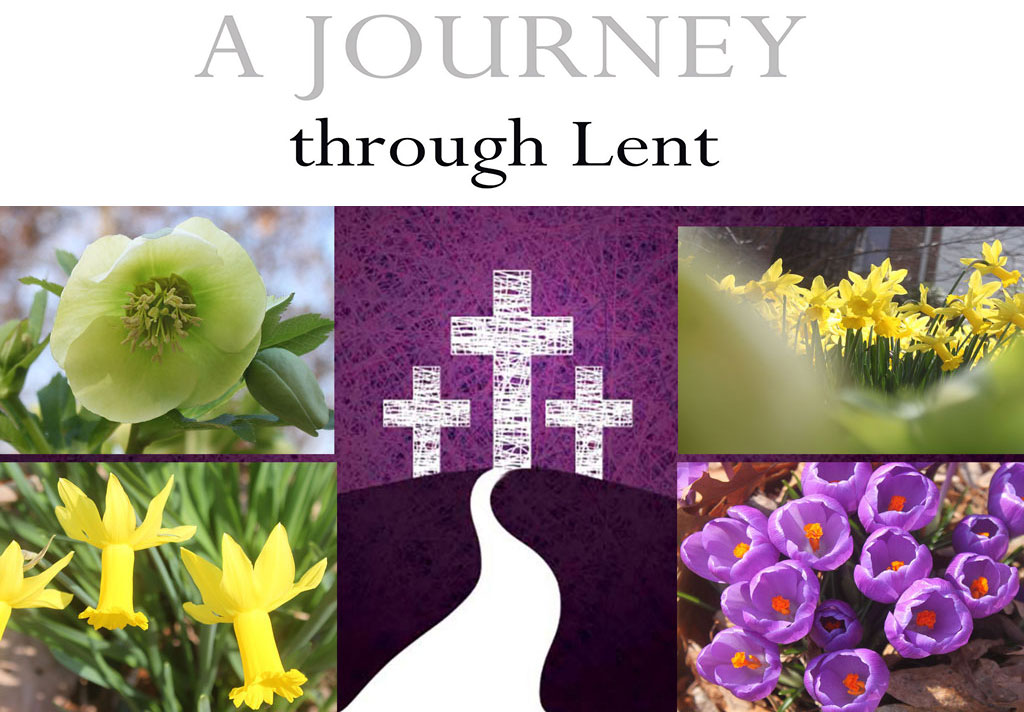I. Theme – The celebration of new life on the road.

“Christ in the House of Mary and Martha" – Jan Vermeer (1654-55)
"But Judas Iscariot, one of his disciples (the one who was about to betray him), said, "Why was this perfume not sold for three hundred denarii and the money given to the poor?" (He said this not because he cared about the poor, but because he was a thief; he kept the common purse and used to steal what was put into it.) Jesus said, "Leave her alone. She bought it so that she might keep it for the day of my burial. You always have the poor with you, but you do not always have me."
The lectionary readings are here or individually:
Old Testament – Isaiah 43:16-21
Psalm – Psalm 126
Epistle – Philippians 3:4b-14
Gospel – John 12:1-8
Today’s readings celebrate the new life God grants through Christ. Isaiah speaks of the “new thing” God will do—life-giving, restorative, renewing. Paul asserts that all his personal achievements are worthless compared to the new life to be gained in Christ. Jesus reveals that his death and resurrection not only invite judgment but call us to compassion, forgiveness and conversion—that is, to new life!
Over the past weeks we have been looking at the pattern in the readings of the Lectionary during Lent. One aspect of that pattern has been the recurring notion of pilgrimage – an active journey to a holy site, a journey from tyranny into freedom, an interior journey into our own faith, or the journey from spiritual moment to spiritual moment, such as the Stations of the Cross.
What can you do to show your journey in the cause of freedom or betterment ? Give someone a gift of flowers, a home-cooked meal, or an unexpected note of appreciation. Use your hands and heart to their fullest, trusting that God can use even the smallest actions to unbind life and set it free. As you become the change you seek, let your goal be to participate in the many resurrections God unleashes all around, today and tomorrow
In Judaism (as well as in later Christianity) we hear of such journeys.
The Bible sees the journey of Abraham and Sarah from the Ur of the Chaldeans as not a mere relocation, but a journey guided and informed by God. Similarly the journey of Israel from Egypt to the promised land is not only a political reality but is peppered with spiritual moments of learning at various points along the way. With the construction of the Temple in Jerusalem, the people saw an opportunity to make a pilgrimage to a holy place, learn and experience there, and to return home. Even before this Temple, shrines and holy places in ancient Israel drew pilgrims to experience God on the journey. The Psalms of Ascent (Psalm 120-134) literally give voice to the sacred journey of people to the Temple and worship.
Since Luke 9 in the Gospel Jesus has "set his face to Jerusalem", his final pilgrimage. He has been tested after his baptism in Lent 1 by the devil. In Lent 2, Jesus reminds his audience that, as a prophet, his destiny awaits him in Jerusalem after being warned that Herod wants to kill him. During Lent 3, continued his teachings on repentance and confronted his critics with the Prodigal son in Lent 4. The hope of Christ gets connected in the resurrection and the life.
Christians began their own journeys; Paul’s being the most notable as he moved from place to place honoring the Gospel. Early Christians traveled back to the source as we read about the journeys of Origin, Helen, and Jerome. During this season, it might be interesting to read about the pilgrimage of Egeria, a Gallic woman, to Jerusalem during the Holy Week of (ca.) 381. Later Christians would journey to not only Jerusalem but to Santiago de Compostela, Canterbury, Rome, and many other places. The journey is the heightened human experience, often written down for the benefit of others. Let us continue our journey during this Lent.
Read more


 Fifth Sunday in Lent
Fifth Sunday in Lent
